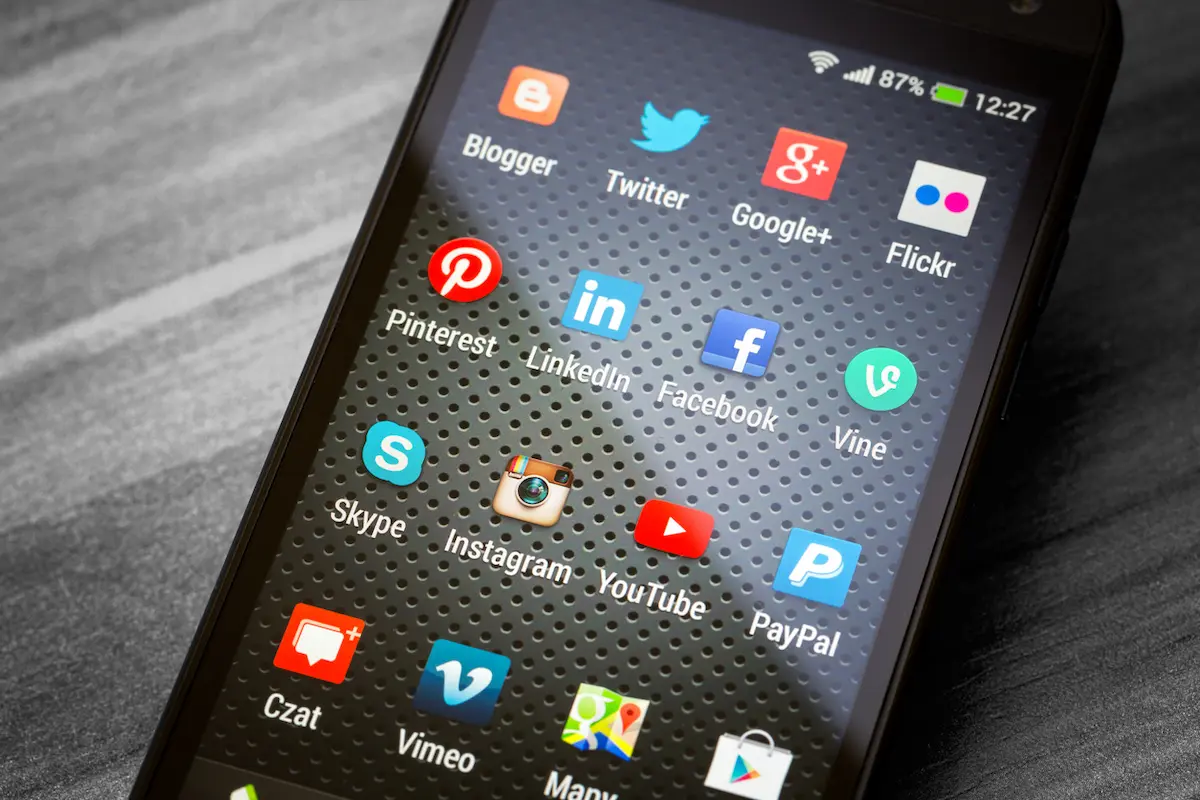Social media screenings are becoming an increasingly common practice but the danger in using it as a means to verify what is on a potential candidates CV leaves employers at risk
Organisations have become accustomed to using online search engines such as Google and combing through social media to research candidates. According to a recent CareerBuilder study, 70 percent of employers use social media to screen job candidates before hiring them. The study sampled more than 2,300 hiring managers and HR professionals across industries and company sizes found that the majority of employers conduct social media screenings to look for evidence supporting a candidate’s qualifications for the job.
This suggests that a large number of organisations are taking the risky approach of relying on the carefully curated social media profiles of candidates to verify qualifications as opposed to going through the proper channels to verify authenticity. Independent verification can be expensive, however, the risk of not doing so can be far worse.
From politicians to executives from big-name companies, there’s been no shortage of cases where individuals in high profile roles have later been found to have falsified their credentials on their LinkedIn profiles, leaving a black mark on both the individual and the person responsible for hiring them.
Organisations need to be able to trust external sources of people data, but that’s difficult to do when those platforms don’t have the appropriate checks and balances to ensure data integrity. In the social media age, employers need to be given a clear distinction between the information that can be trusted and that which cannot.
Platforms such as Cited have verifications in place that give candidates the option to provide the independently validated status of their qualifications to their potential employers. This includes everything from university qualifications and trade-based licences to visa checks.
With Europe’s data protection regulation, the GDPR, granting individuals greater control and ownership over their personal data, having a centralised repository where individuals can create a profile that is verified and shareable with employers makes a lot of sense and even more so when you consider how HR-related data is set to evolve in the coming years.
The proliferation of mobile, wearables and social tools is opening up a wealth of health and behavioural data that is only going to accelerate as more and more physical things we use on a daily basis connect to the internet. This information could augment traditional HR data and provide greater insight into an employee’s capabilities or mindset.
Provided the analytics is smart enough to make the data intelligible to both parties and the technology mechanisms are in place so that individuals can selectively share parts of their enhanced profile, the challenge will be for organisations to let go of the fact that their HR system is no longer the primary source of truth for people data.

